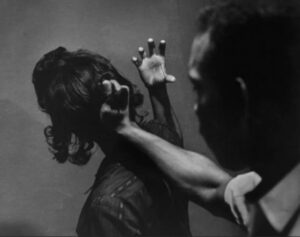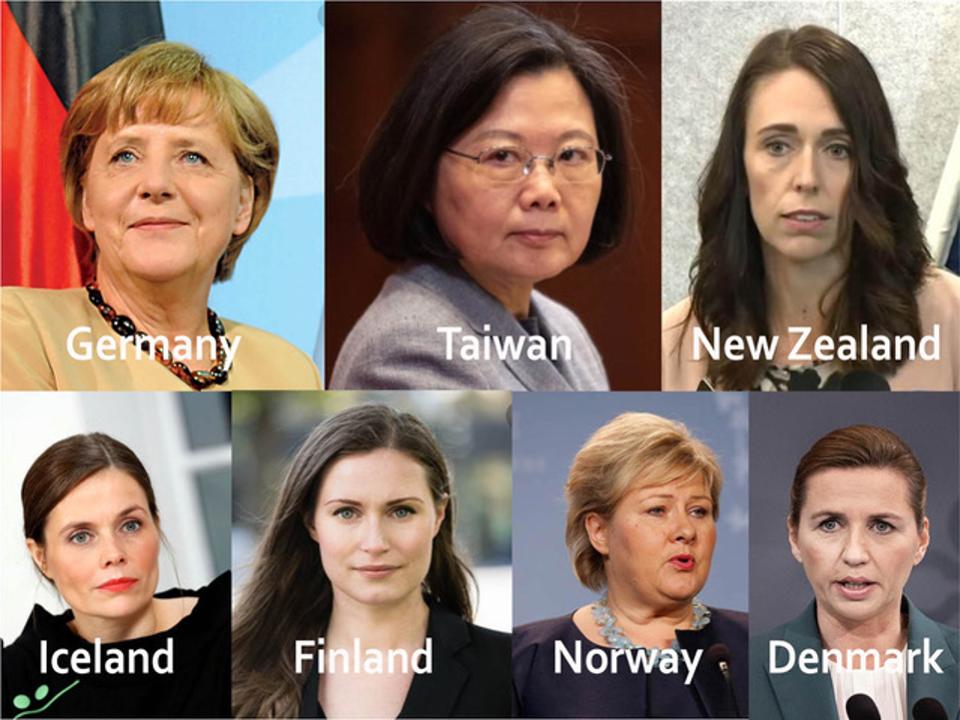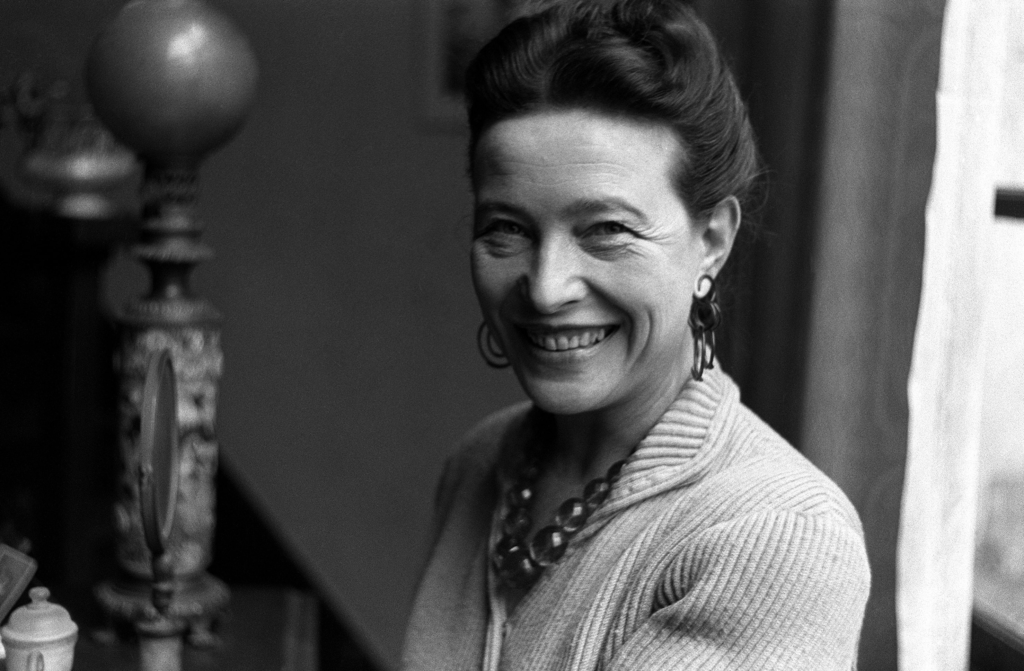WOMEN’S RIGHTS ON DOMESTIC VIOLENCE
The right of women to be free from DOMESTIC VIOLENCE has drawn increasing concern and support since the 1970s. According to Wikipedia, “Domestic violence (also named domestic abuse or family violence) is violence or other abuse in a domestic setting, such as in marriage or cohabitation. It takes a number of forms, including physical, verbal, emotional, economic, religious, reproductive, and sexual abuse, which can range from subtle, coercive forms to marital rape and to physical abuse.

Studies have shown that globally, domestic violence accounts for nearly one quarter of all recorded crimes. The fact that domestic violence prevails across all classes of the Nigerian society is no longer disputable. Despite the boisterous efforts made by the world bodies such as the United Nations (e.g. Universal Declaration of Human Rights, the International Convention on Civil and Political Rights) and Nigeria’s constitutions to eliminate discrimination and violence against women, and promote the idea of equality and justice, the Nigerian woman is often violated.
Domestic violence directed against women by intimate partners is an epidemic of global proportions that has devastating physical, emotional, financial and social effects on women, children, the family and the community. However, it is important to note that domestic violence can also be perpetrated against men.
In Nigeria, women’s rights are largely trampled upon because of many factors. There is the lack of trust in constituted authorities to look into cases of abuse. In fact, the “penal code of the northern Nigeria” do not recognize this as an act worth bringing before the law. It is rather seen as a compulsory disciplinary measure which to some uneducated traditionalists has proven to be very effective. Also, the requirements to prove rape cases in “section 179(5) of the evidence Act” form another hurdle.
To promote gender equality and ensure protection of fundamental human rights, perpetrators should be made to face the consequences of their actions. Also, stiffer penalties have to be put in place to discourage prospective abusers like rapists. Over the years, Centre for Family Health Initiative (CFHI) has brought awareness to women in local communities on their rights and created avenues to seek redress in cases of abuse. It has also exposed many women to information about the Violence Against Persons Prohibition(VAPP) Act of 2015, for better understanding of their human rights.
Speak Wednesday is an initiative of Centre for Family Health Initiative to stop the cycle of domestic violence by breaking the silence around gender-based violence and gender bias. Join us every Wednesday on all our social media handles for more episodes.


